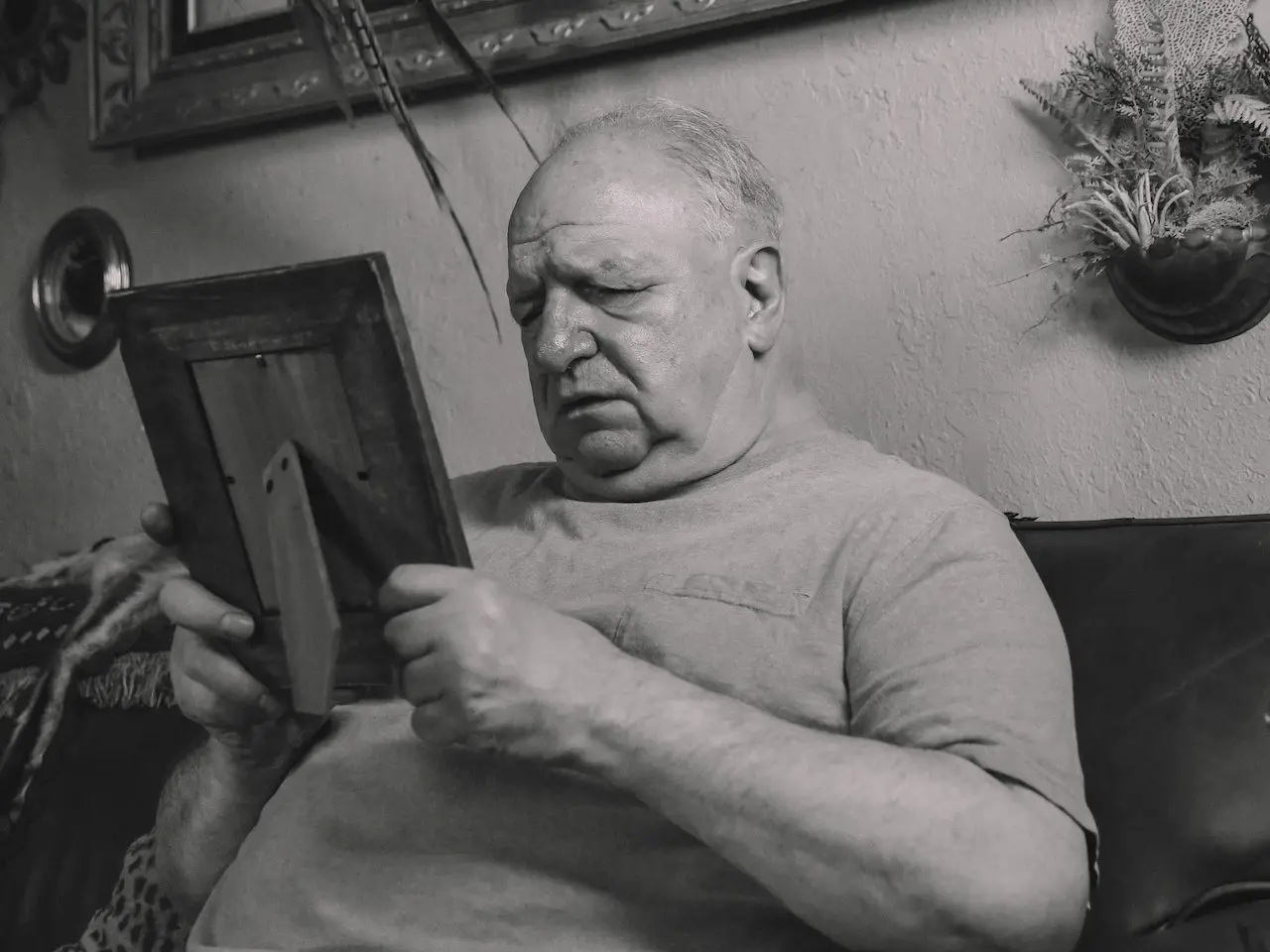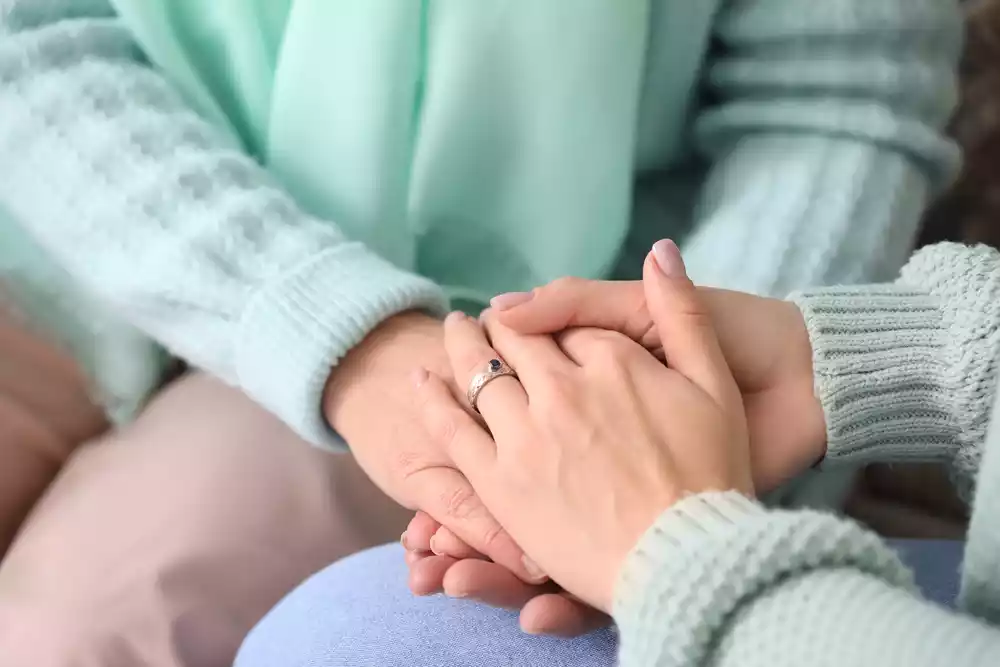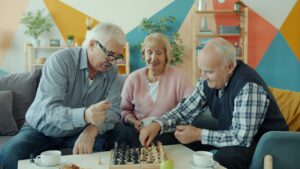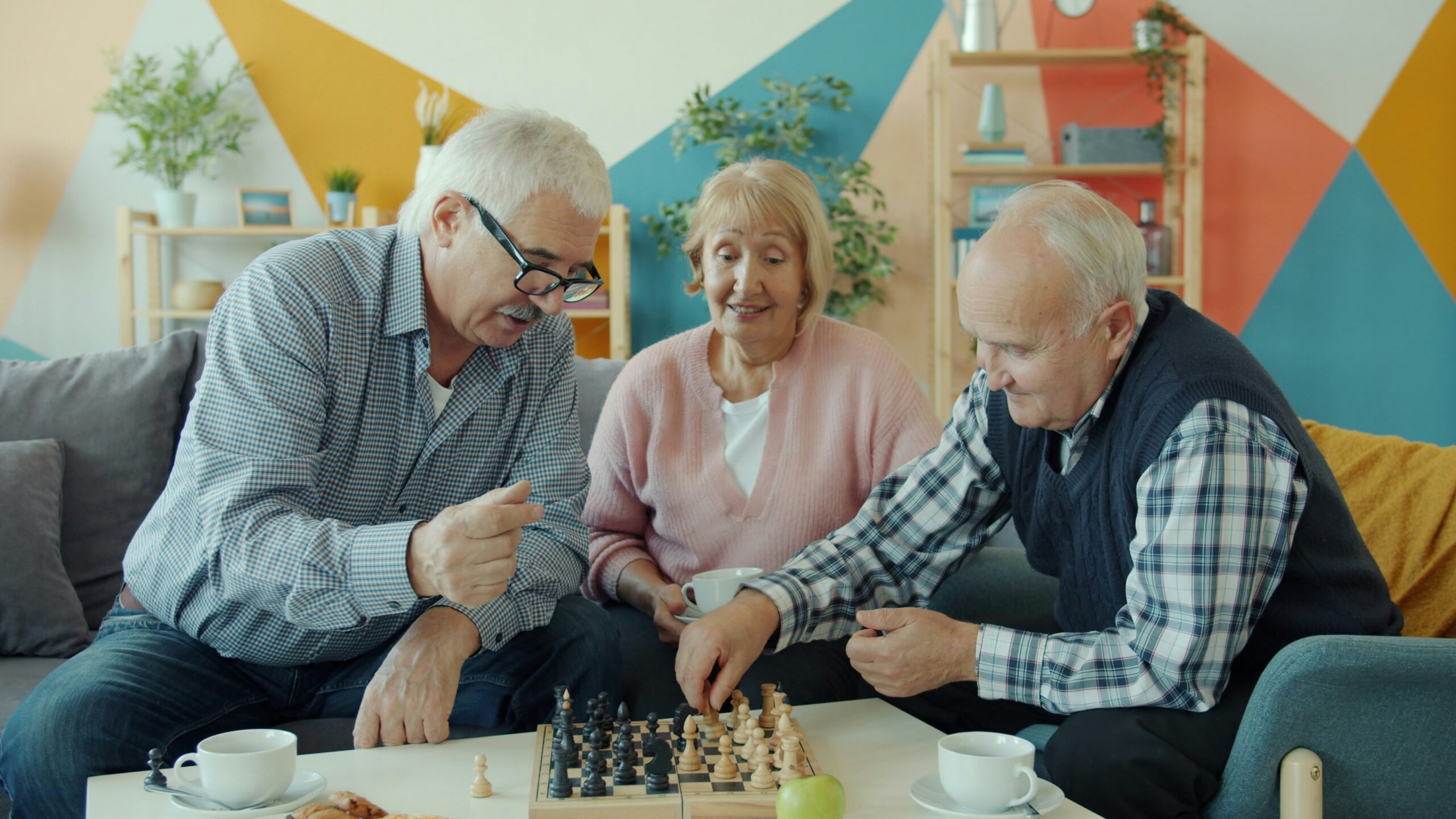In today’s fast-paced world, anxiety and depression in older adults are becoming increasingly common, yet often overlooked issues. At Casa de Retiro El Mirador, we recognize the significance of maintaining mental health and are committed to providing a supportive environment for our residents.
Understanding Anxiety and Depression in Older Adults
Anxiety and depression in older adults are not just minor inconveniences; they are serious mental health conditions that can significantly affect one’s quality of life. It is essential to understand that these conditions do not merely stem from life events but can be compounded by changes in brain chemistry and health complications. Common symptoms include persistent sadness, feelings of hopelessness, excessive worry, fatigue, and even physical symptoms such as unexplained aches and pains.

Causes of Anxiety and Depression in Older Adults
Several factors contribute to anxiety and depression in older adults. These may include:
Health Issues
Chronic illnesses, pain, or a decrease in mobility can lead to feelings of helplessness and frustration. For instance, conditions like arthritis or cardiovascular diseases can cause ongoing discomfort, which exacerbates mental distress.
Loss
The death of a spouse, close friends, or family members can result in profound grief and loneliness. Bereavement may trigger severe emotional responses that, if left unaddressed, can develop into long-term depression and anxiety.
Social Isolation
With age, it becomes more challenging to maintain social connections, leading to feelings of isolation and abandonment. This is particularly true for older adults who live far from family or friends, making daily interactions scarce.
Medication Side Effects
Certain medications can have side effects that contribute to anxiety and depression. It is crucial to be aware of the mental health impacts of prescribed drugs and consult with healthcare providers accordingly.
Financial Strain
Fixed incomes and rising healthcare costs can cause significant stress. The uncertainty of financial stability can deeply affect the mental well-being of older adults.
Identifying Anxiety and Depression in Older Adults
Recognizing anxiety and depression in older adults is crucial for early intervention and treatment. Look for the following signs:
- Persistent sadness or withdrawal from previously enjoyed activities
- Changes in appetite or sleeping patterns
- Agitation or irritability
- Difficulty concentrating or making decisions
- Physical symptoms like unexplained pain or digestive issues.

Supporting a Loved One with Anxiety and Depression
Supporting a loved one experiencing anxiety and depression in their later years requires patience and empathy. Here are some ways to help:
Encourage Open Communication
Create a safe space for them to express their feelings without judgment. Active listening can make a world of difference in their emotional state.
Stay Connected
Regular visits, phone calls, and invitations to social gatherings can help combat loneliness. Engaging in family activities or community events can significantly boost their morale.
Seek Professional Help
Encourage them to see a doctor or mental health professional for appropriate treatment options, such as therapy and medication. Professional intervention is often critical in managing severe symptoms.
Promote Healthy Lifestyle Choices
Encourage exercise, a balanced diet, and engaging in hobbies or activities they enjoy. Physical activity and proper nutrition play essential roles in mental health.
Be Patient and Understanding
Remember that recovery takes time, and showing consistent support is crucial. Patience and empathy are key components in helping older adults navigate their mental health challenges.
Tips for Managing Anxiety and Depression in Older Adults
In addition to supporting your loved ones, there are practical steps they can take in managing anxiety and depression:
- Mindfulness and Meditation: Encourage practicing mindfulness or meditation to reduce stress and improve emotional regulation.
- Routine and Structure: Having a daily routine can provide a sense of stability and predictability, which can be comforting.
- Therapeutic Activities: Engaging in activities such as art, music, or pet therapy can be extremely beneficial.
- Support Groups: Joining support groups for older adults experiencing similar issues can provide a sense of community and understanding.

Casa de Retiro El Mirador: A Haven for Mental Well-Being
At Casa de Retiro El Mirador, we are committed to addressing anxiety and depression in older adults. Our compassionate staff and serene environment provide the ideal setting for mental wellness. We offer personalized care plans, mental health support, and a range of activities to keep our residents engaged and fulfilled. Our scenic location in Tijuana, Mexico, offers a tranquil retreat where older adults can thrive holistically.
We understand that mental health is a vital aspect of overall well-being. Hence, our dedicated team ensures that residents receive comprehensive care tailored to their individual needs. Our programs incorporate physical exercise, social engagement, and mental stimulation to foster a balanced lifestyle.
If you or a loved one is experiencing anxiety and depression, don’t hesitate to reach out. At Casa de Retiro El Mirador, we offer comprehensive nursing care in Mexico, ensuring our residents receive the best possible support for their mental and physical health. Contact us today to learn more about our services and how we can help improve your loved one’s quality of life.








